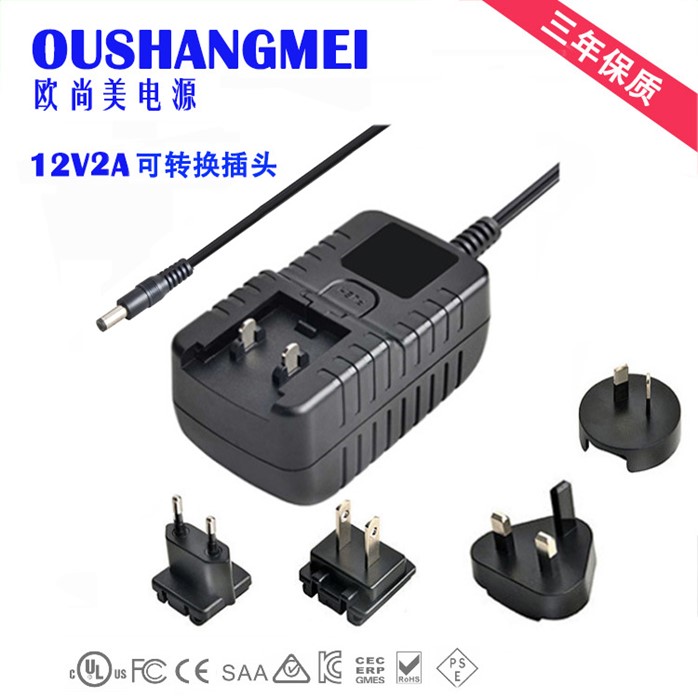Small businesses are the backbone of the economy, but they often face financial challenges. One area where they can struggle is managing their finances. This is where a small business accountant can be invaluable.
What Does a Small Business Accountant Do?
A small business accountant is a financial professional who specializes in helping small businesses with their accounting and financial needs. They can help with a variety of tasks, including:
- Bookkeeping includes recording income and expenses, reconciling bank statements, and preparing financial statements.
- Tax planning and preparation: A small business accountant can help you minimize your tax liability and ensure you comply with all tax laws.
- Financial analysis involves reviewing your financial statements to identify trends and areas to improve.
- Cash flow management: A small business accountant can help you develop a budget and track your cash flow to ensure you have enough money to meet your expenses.
- Payroll: A small business accountant can help you set up and manage your payroll, including calculating taxes and deductions.
When Should You Hire a Small Business Accountant?
Timing is everything, even when it comes to hiring a small business accountant. Many entrepreneurs try to handle finances on their own initially, but as the business grows, so does the complexity of finances. It’s advisable to bring in a professional accountant early on to set a solid financial foundation.
- Startup Stage: During the startup phase, a small business accountant helps establish proper financial systems and structures. This early involvement can prevent future headaches and streamline financial processes.
- Business Growth: As the business expands, so do financial responsibilities. A small business accountant can help manage increased transactions, prepare for audits, and provide strategic financial advice for sustained growth.
How to Choose a Small Business Accountant
When choosing a small business accountant, it is essential to consider the following factors:
- Experience: Look for an accountant who has experience working with small businesses in your industry.
- Qualifications: Make sure the accountant is licensed and certified.
- Cost: Get quotes from several accountants before making a decision.
- Communication style: Choose an accountant who you feel comfortable talking to and who can explain things to you in plain English.
Conclusion
Hiring a small business accountant can be a wise investment for your business. By taking this step, you can free up your time to focus on running your business and be confident that your finances are being handled properly.





